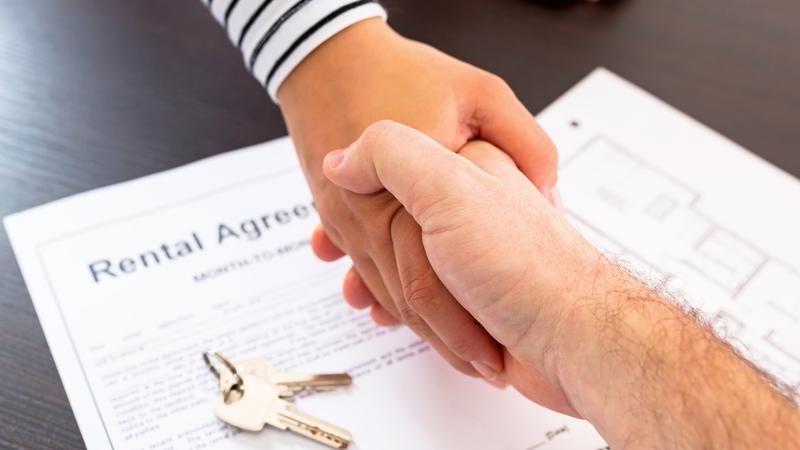
Getting into the Rental Property Business – Things to Know
As travelling ramps up again and vacations start taking place, you might be thinking to yourself, “I should get into real estate”. Perhaps you want a home away from home that you can rent out for part of the year and use during your time off.
Here are five quick things to remember:
1. Report that Income
If you are collecting rent on a property, you need to remember to report it on your tax return. And it’s not just cash rent that needs to be reported. You would also need to report if the tenant’s rent is reduced because they are providing services (such as maintenance). Perhaps the rent was reduced by $100 per month to recognize this work. Don’t forget to include that information.
